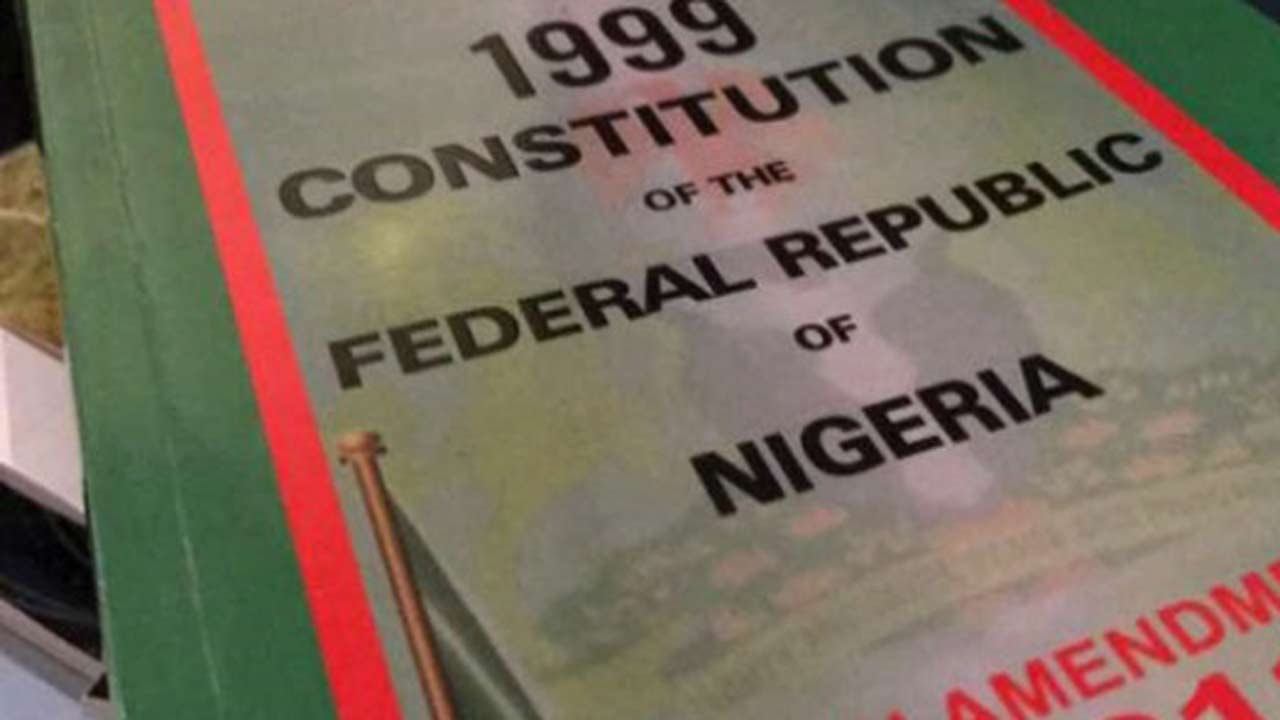Opinion
25% in FCT: Clarifying All Ambiguities

By Balogun Kamilu Lekan
As the declaration of the winner of the 2023 presidential election in Nigeria gets closer, different opinions have flooded social media on who the winner is likely to be.
One of the ambiguities that needed to be conspicuously exegesis is the constitutional provision for the required vote needed to be garnered by the winner before he/she is declared. The major ambiguity of these votes is the presumed vote expected to be gotten from the FCT.
According to the result declared by the Independent National Electoral Commission (INEC), the three major contenders for the presidential seat – – Asiwaju Bola Tinubu of All Progressives Congress (APC), Atiku Abubakar of the Peoples Democratic Party (PDP) and Peter Obi of Labour Party (LP) are in a close race.
Asiwaju Bola Tinubu of All Progressives Congress (APC) is leading the race, but many believe he is supposed to garner at least 25% of valid votes from the FCT, irrespective of the votes he might have gotten so far before he can be declared the winner.
But the result of the INEC revealed that Tinubu had just 19.8% and PDP 16.1%, compared to Labour Party’s 61%.
What does the constitution say to clarify this ambiguity?
According to Section 134 (2) of the 1999 Nigerian constitution, “A candidate for an election to the office of President shall be deemed to have been duly elected where, there being more than two candidates for the election: (a) he has the highest number of votes cast at the election; and (b) he has not less than one-quarter of the votes cast at the election in each of at least two-thirds of all the States in the Federation and the Federal Capital Territory, Abuja.”
As stated in this section, the first requirement is to garner the highest total votes cast. Furthermore, such a candidate should have gained not less than one-quarter of the votes cast at the election in each of at least two-thirds of all the States in the Federation.
With this clearly stated, the Federal Capital Territory was stated to clear all ambiguities that might arise, countering the fact that the FCT is a state but the Federal Capital territory of the country.
It was also clearly mentioned to give the FCT the privilege every state in the country enjoys.
Explaining this further, Senior Advocate of Nigeria (SAN), Femi Falana said, “Today, the courts have ruled that pursuant to Section 299 of the constitution, that the FCT should be treated as a state. That is the law. “You don’t have to win the FCT; if you meet the requirement; that is two-thirds of the majority of states in the country. You don’t have to win the FCT.”
Disclaimer
It is the policy of NewsWireNGR not to endorse or oppose any opinion expressed by a User or Content provided by a User, Contributor, or another independent party. Opinion pieces and contributions are the opinions of the writers only and do not represent the opinions of NewsWireNGR










9jaRealist
2023/04/05 at 8:50 am
Section 299 of the Constitution specifically limits its application to the provisions of Section 299 – and NOTHING ELSE!
Specifically, Section 299 (c) of the Constitution makes it clear that the section ONLY applies to the provisions of Sections 299(a) and 299(b), and to the subject matters therein (that is, the exercise of legislative, executive and judicial powers). Section 299 is NOT applicable to elections.